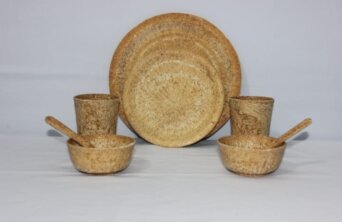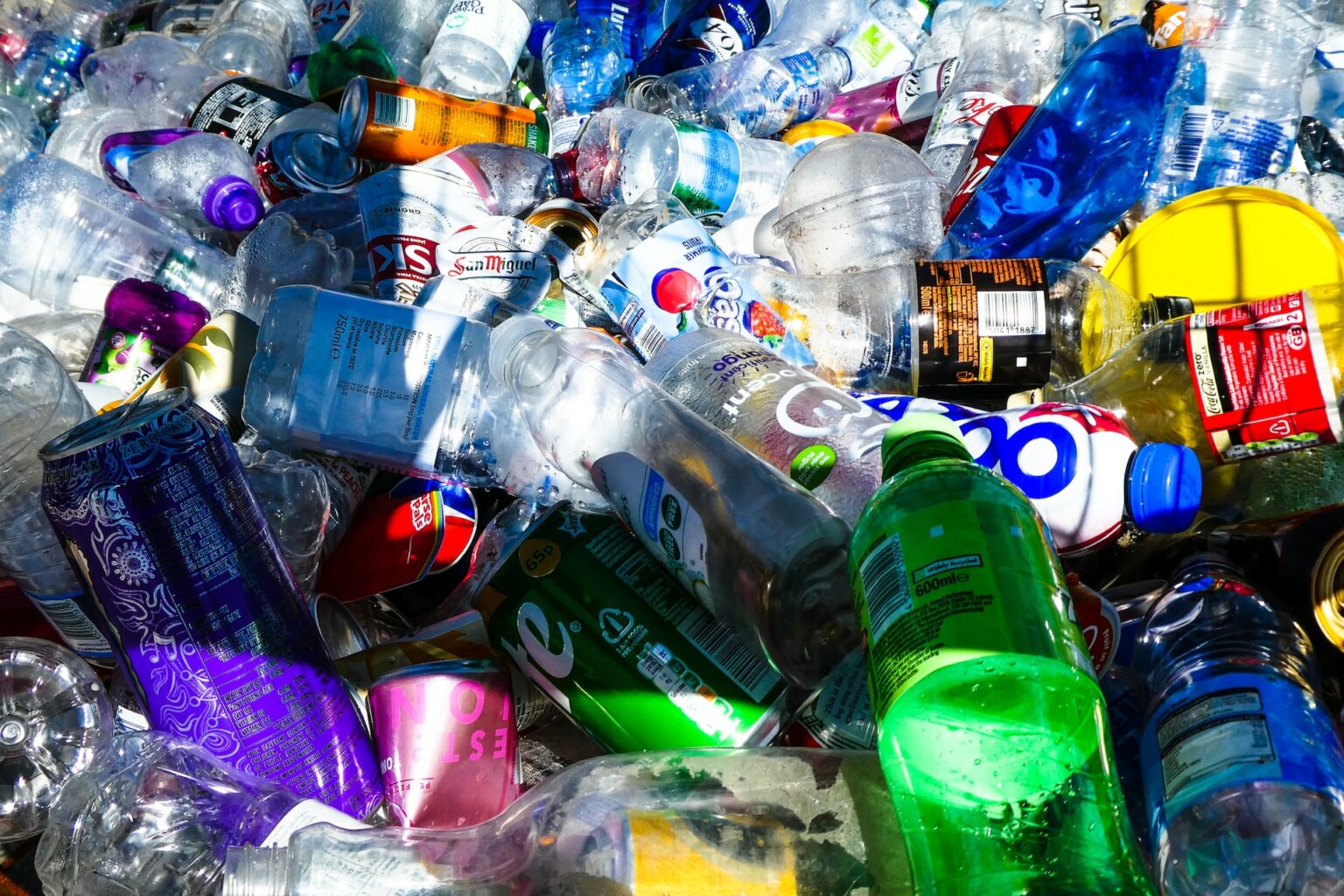- About
- Topics
- Picks
- Audio
- Story
- In-Depth
- Opinion
- News
- Donate
- Signup for our newsletterOur Editors' Best Picks.Send
Read, Debate: Engage.
| topic: | Pollution |
|---|---|
| located: | India |
| editor: | Sanjana Chawla |
Plastic waste has reached alarming levels globally, with India grappling with a staggering 9.46 million tonnes of plastic waste generated annually. A significant portion of this waste, approximately 43 per cent, comprises single-use plastic items like packaging and cutlery, exacerbating the environmental degradation caused by plastic pollution.
The repercussions of plastic waste are far-reaching and devastating. The rampant usage of disposable plastics threatens our planet's delicate ecosystem, impacting marine life, wildlife, humans, and the flora and fauna that rely on a clean environment to thrive.
Marine animals often mistake plastic debris for food, leading to ingestion and entanglement that can be fatal. The toxins released by decomposing plastics contaminate soil and water sources, affecting agricultural productivity and human health. Additionally, plastic pollution disrupts the natural habitats of countless species, endangering biodiversity and ecological balance.
Research indicates that 2050, there could be more plastic than fish in the world's oceans if current consumption and disposal patterns persist. Studies have also shown that plastic waste disrupts marine food chains, affecting biodiversity and ecosystem balance. Plastic waste contaminates soil and water sources on land, leaching harmful chemicals that pose risks to agricultural productivity and human well-being.
This sobering statistic underscores the urgent need for innovative solutions to address the plastic waste crisis.
In response to this pressing challenge, a visionary entrepreneur in Delhi has pioneered a sustainable alternative to traditional plastic cutlery – edible cutlery.
Mr Puneet Dutta started Attaware in 2018 to spread the usage of cutlery that can be used to drink, eat, and be consumed to minimise wastage and save the planet. Edible cutlery is crafted from a blend of natural grains such as rice, wheat, barley, jowar (sorghum), and jaggery derived from sugarcane juice, offering a biodegradable and eco-friendly solution to single-use plastics.
The production process involves mixing the grains with sugarcane juice, boiling them at high temperatures to create jaggery, and moulding them into various cutlery items. This innovative approach reduces the demand for plastic and minimises the environmental impact of waste disposal while exhibiting remarkable durability, resisting melting sogginess and microbial contamination.
Its innovative approach to sustainability sets edible cutlery apart as a game-changer in the fight against plastic waste. With a shelf life of six months, these edible items can either be consumed after use or easily decomposed within two weeks, leaving behind no harmful residues.
This eco-friendly disposal method aligns with India's ban on single-use plastic, offering a viable solution to reduce plastic pollution and promote a circular economy where resources are used efficiently and waste minimised through innovative design and responsible consumption.
The production of edible cutlery is rooted in Vedic technology, blending traditional wisdom with modern innovation to create a product that embodies sustainability and environmental consciousness. This holistic approach addresses the immediate challenges of plastic waste and highlights the importance of preserving our natural resources for future generations.
As we navigate the challenges posed by plastic waste, edible cutlery stands as a beacon of hope, demonstrating that creativity and ingenuity can pave the way for a cleaner, greener future. By embracing this unique solution, we can mitigate the harmful impact of plastic pollution and inspire a shift towards a more sustainable and responsible consumption culture.
In the quest for a healthier planet, edible cutlery emerges as a powerful ally, offering a tangible way to combat plastic waste and protect the environment for future generations.
Image by Attaware.

